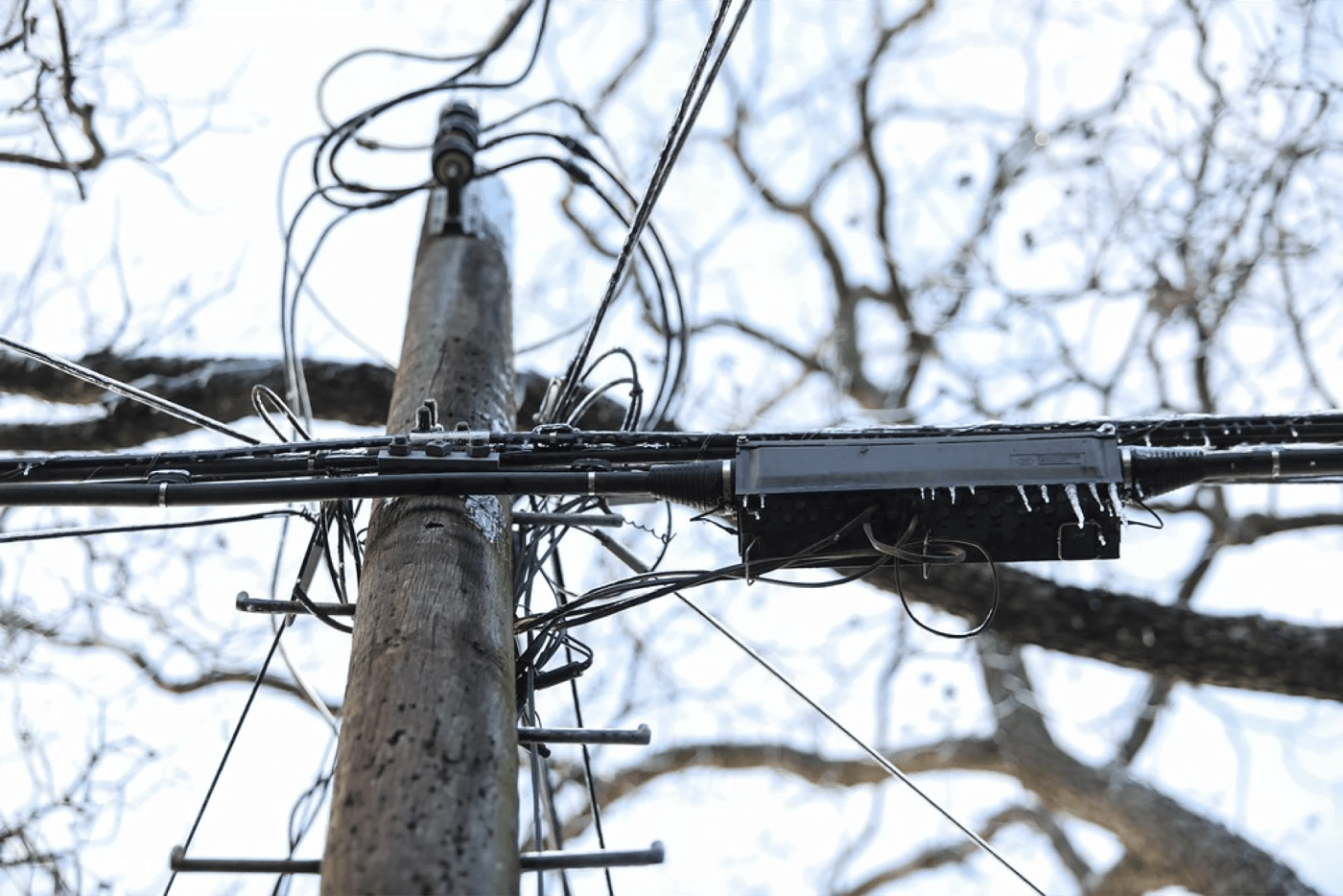Options Texas Lawmakers Are Considering To Prevent Future Blackouts
The recent winter storm and blackouts in Texas brought the state’s aging infrastructure into painful focus. Here’s what may change.

 This article is part of The State of Science, a series featuring science stories from public radio stations across the United States. This story by Mose Buchele originally appeared on KUT in Austin.
This article is part of The State of Science, a series featuring science stories from public radio stations across the United States. This story by Mose Buchele originally appeared on KUT in Austin.
State lawmakers on Thursday are holding the first of what will likely be many hearings in response to the blackouts that gripped Texas last week. One question they’ll be asking: How can we keep this from happening again?
Here are the options they’re likely to consider. (Watch the Senate and House discussions here.)
In other parts of the country, companies that generate electricity are paid to be there just in case they’re needed. That’s called a “capacity market.” In Texas, generators make money only by selling electricity—and they make a lot of money when electricity is scarce and demand is high. So, occasionally, the group that manages the grid, the Electric Reliability Council of Texas, needs to let that happen.
“They sometimes allow the price to get really high to incentivize new generation,” said Joshua Rhodes, a research associate at UT Austin’s Webber Energy Group. “To incentivize private companies to come in and build power plants.”
In the wake of the blackouts, some lawmakers want to change that system, though it’s unclear if a capacity market would have prevented the outages caused by last week’s storm.
“The backup generation would be just as vulnerable to the weather damages that we saw,” ERCOT CEO Bill Magness said. “If your backup generation was gas, you might have gas supply issues, you might have mechanical issues caused by a storm blowing through.”
Texas has an independent electric grid with very few connections to the rest of the U.S. That allows the grid to avoid federal regulation. But some lawmakers say Texas should link up to other grids to increase the amount of power available here and allow the state’s power to go elsewhere.
“Texas can actually benefit from selling power on the national grid,” Austin-based state Rep. Donna Howard said. “I think there’s a lot that we can look at here that may be beneficial to Texas.”
One thing pretty much everybody has agreed on since the outages is that Texas’ grid infrastructure needs to be better able to withstand the cold. The blackout was caused by gas wells and grid components freezing up.
“Hardening” infrastructure for extreme weather is something that has gained a lot of support since Hurricane Harvey in 2017.
Experts say it will be necessary as climate change brings more extreme weather events. And many Texas Republican leaders like Gov. Greg Abbott support winterizing, too. Abbott’s made it a priority this legislative session — though he and other Republican leaders won’t say the words “climate change” when they talk about it.
Howard, who is a member of the Democratic climate caucus in the Texas House, says that’s fine with her.
“Call it whatever you want to call it, let’s just deal with what’s really happening,” she said. “There’s got to be a recognition that there are climate events happening on a regular basis here in Texas that are costing Texas taxpayers and are costing Texas lives.”
What might be a sticking point is how winterization is paid for. Critics say Abbott’s plan looks very much like taxpayer funding of infrastructure for private industry profit.
“We have to decide, are we willing to pay for that?” Rhodes said. “And how are we going to pay for it?”
This isn’t the state’s first blackout. After power outages in 2011, federal agencies warned Texas about the winter storm risks. But industry didn’t want to pay for upgrades, and regulators and lawmakers didn’t create strict rules to force them.
It remains to be seen if lawmakers are going to get tougher in the wake of this blackout.
Invest in quality science journalism by making a donation to Science Friday.
Mose Buchele is KUT’s Senior Correspondent for Energy and Environment. He reports on local and state issues with a focus on climate change and is based in Austin, Texas.